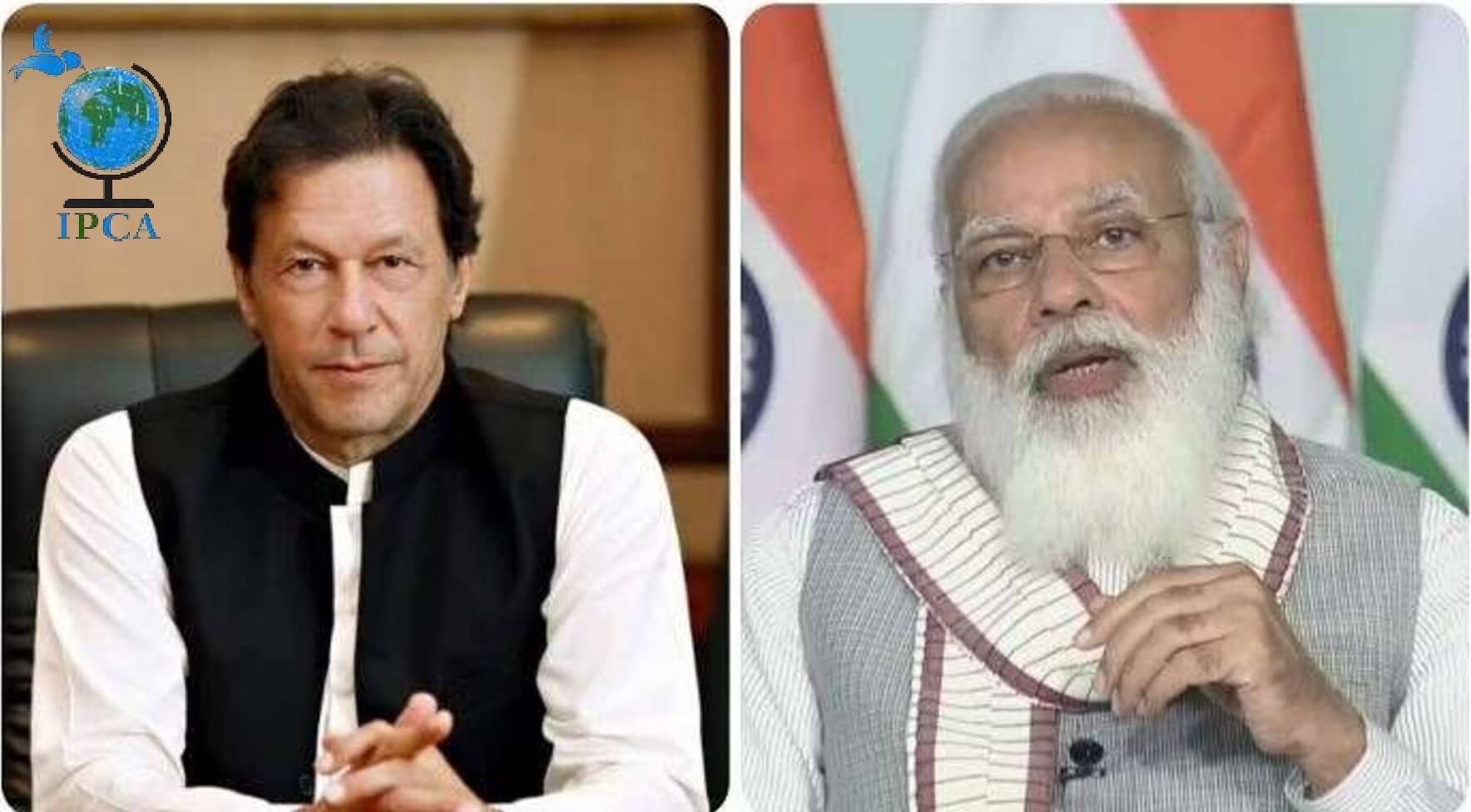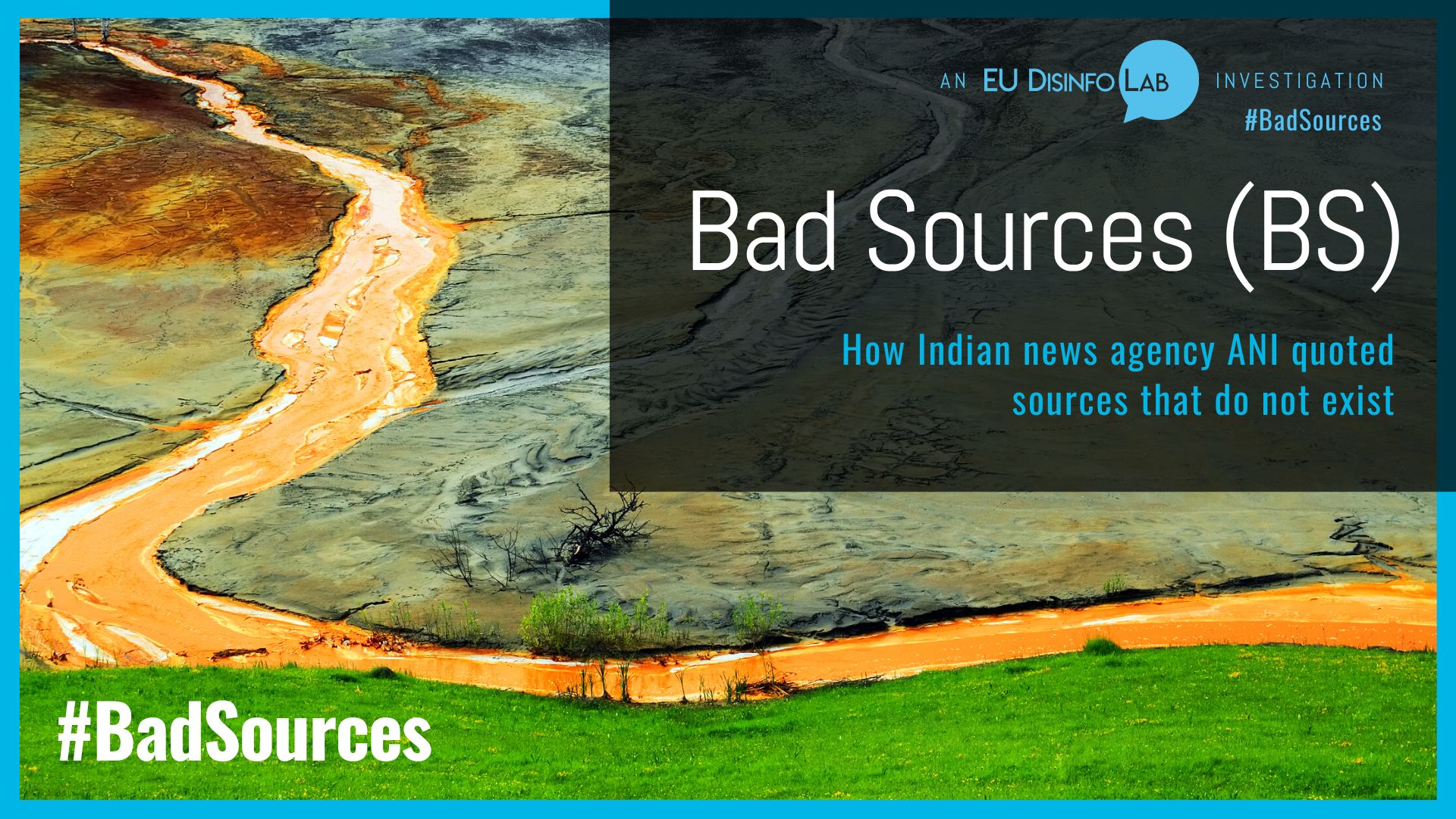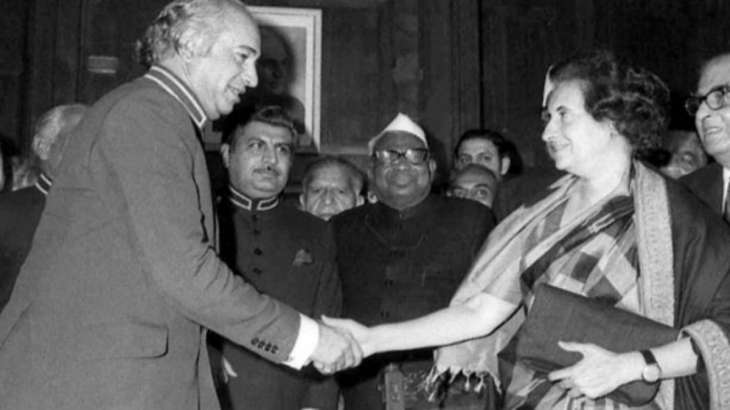The 76th session of the UNGA was addressed by Indian Prime Minister Narendra Modi, who addressed on crises pertaining to natural resources, terrorism, and climate change. On the other hand, Pakistan’s Prime Minister Imran Khan spoke at the UNGA in 2019 and expressed his views on four key issues: climate change, Islamophobia, the disparity between the haves and have-nots, and the Kashmir dispute. The speeches’ intended audiences were very different in both cases. Khan focused on those difficulties that many states are dealing with or that are related in some way. The Kashmir problem, which is seen as a big concern for the region, was left out as Modi focused on domestic subjects and underlined his role and contribution for the Indian state.
With reference to Islamophobia, Khan stated, “Terrorism has nothing to do with religion.” He described how terrorism spread over the world. Denying fundamental rights fosters extremism, which is at the heart of terrorism. As a result, you cannot identify that with Islam or any other religion. Muslims in the West are separated into two groups: Modern Muslims and extreme Muslims. Islam, on the other hand, has nothing to do with terrorism. Terrorism can be committed by any nation or religion, as the Tamil Tigers did in Sri Lanka. He emphasized Pakistan’s efforts to promote peace, and Abhinandan return was Pakistan’s way of conveying to India that we valued peace and desire it on a global scale for regional stability. He raised an issue that is harming the image of the Muslim community. His key point was that terrorism is a worldwide problem and threat. On the other hand, when discussing the topic of terrorism, Modi looped Afghanistan throughout his address. That indicates that he associated terrorism to a specific region.
If we take a look at UNGA, it’s more of a place for bringing up issues that the international community can work to rectify than it is for discussing global accomplishments. PM Modi’s address focused on a number of national accomplishments, including the education system, healthcare infrastructure, home ownership, and others. In his address, he discussed democracy and referred to India as the “Mother of Democracy.” He provided an example of how a tea vendor may succeed by becoming the state’s prime minister. However, despite being the prime minister of a democracy with no individual rights, he didn’t consider that addressing Kashmir problem was significant. The so-called democratic Indian government has taken away people’s rights to life and free expression. A democratic nation has repealed Article 370 of the Constitution and snatched the basic rights of Kashmiri people.
The Kashmir issue was introduced into the UN by India, yet it refrains to address the issue now on the global forum. He discussed the humanitarian issue in Afghanistan and pleaded with the world community for assistance. He did not, however, take into account the humanitarian catastrophe in Kashmir or request the assistance of the international community in settling the conflict there. In contrast, PM Khan addressed the matter and pleaded with the UN and the international community for assistance. when discussing the issue in Afghanistan We also need to make sure that no nation tries to use the delicate situation in Afghanistan for its own self-serving interests, said PM Modi. But he didn’t say specifically about whom he was referring to. The Taliban are to blame for the humanitarian situation, he said, and the people of Afghanistan shouldn’t be penalized for their government’s wrongdoings. Blaming a certain group of people causes misunderstandings and frequently results in conflict. However, if we consider the scenario in India during the most recent wave of COVID-19, it resulted in an emergency. Who will India hold accountable for that?
When it comes to climate change, both prime ministers took a principled stand and issue a warning. Pakistan lacks resources but has a lot of ideas, according to PM Khan. He also discussed the glaciers’ fast melting. He requested UN involvement and the assistance of the global community. On the other side of the coin, Prime Minister Modi stated that “natural resources are designed to be utilized, not to be misused” while discussing them. He said, “Oceans are the backbone of trade. They require protection against the “race for growth.” Both individuals alerted people to the dangers that climate change poses. Therefore, it’s important to keep forces under check to prevent more abrupt shifts.
It was important to note one of PM Khan’s excellent points that Elite states are receiving money laundered money worth billions of dollars, which are illegal. He recognized the issue: In the west, where moneylenders are protected by the law, moneylenders dare to act in such a way. He went on to explain that Pakistan lacks the resources to hire wealthy attorneys to handle legal matters. In order for Pakistan’s economy to operate effectively, Western Banks must maintain control and assist Pakistan in returning that money to Pakistan. Money laundering has been made simple by the system of affluent and poor states. This is the problem that all emerging nations are dealing with. Khan made Pakistan proud by bringing up this subject, and the Western world was compelled to consider it.
The final and most crucial subject was peace, and both leaders discussed it. PM Khan demonstrated how Pakistan attempted to promote peace by presenting a number of neutral positions, but India refused. Although both states need peace to conduct productive commerce, it is most crucial for regional growth. Unfortunately, none of them summoned the opposing state to the table for a friendly settlement in order to further the development of the whole Asian area.
Whereas according to PM Modi, When India grows, the world grows. When India reforms, world transforms. But regrettably, India made least efforts to transform the world. Unfortunately, racist conduct is impacting both Pakistan and India, both of which have the potential to be developed states. This behavior has an influence on the area, and regional development is connected to global change. The UNGA venue must be utilized properly to solve challenges, and PM Modi’s speech has given the public a chance to contrast it with those of his opponent. The community is now invited to offer solutions to fill the gap.





